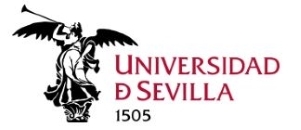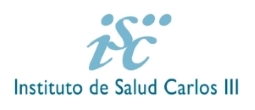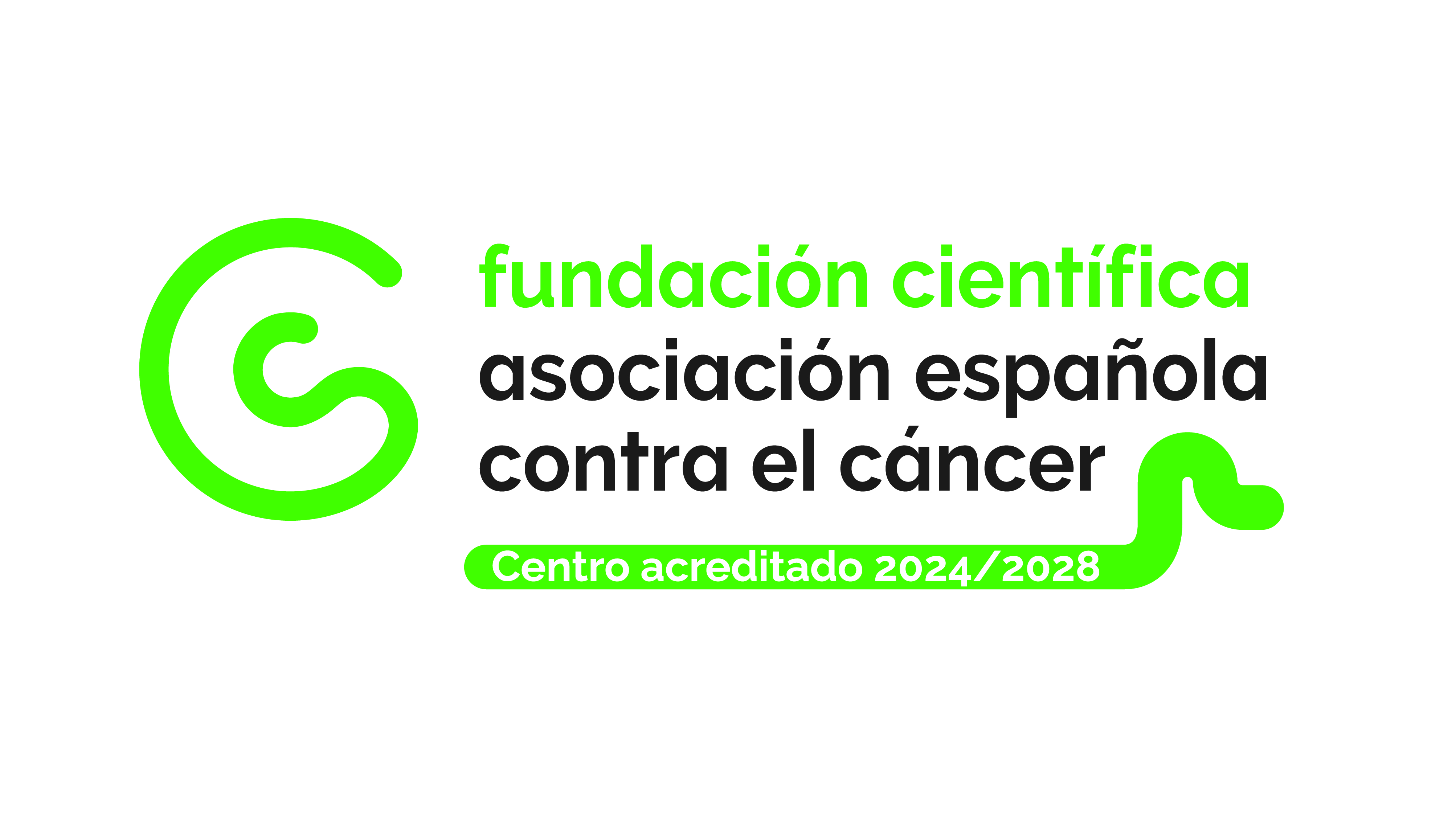Cód. SSPA: IBiS-B-10
Dr. Joan Montaner Villalonga is the principal investigator and leader of the Neurovascular Group at the Institute of Biomedicine of Seville (IBiS). Currently, the translational neurovascular research group consists of staff from the UGC of Neurology at the Virgen Macarena University Hospital (HUVM) and the Virgen del Rocío University Hospital (HUVR), and most of its activities take place in the neurovascular research laboratory at the Institute of Biomedicine of Seville. It is a multidisciplinary group composed of neurologists, radiologists, neuro-radiologists, postdoctoral and doctoral researchers, basic biologists, clinical biochemists, and research nurses. The group also includes three Rio Hortega researchers and a Sara Borrell researcher, as well as several students who join the group every year for their university internships.
The group was created thanks to the European ITRIBIS initiative with the goal of enhancing neurovascular research in Andalusia and supporting translational research in southern Europe (Montaner J, et al. How to unfasten the Spanish Stroke Belt? Andalusia chooses research. Int J Stroke. 2014;9:946-9).
The neurovascular research group consists of 5 strategic research lines, all of hich have publicly or privately funded projects at different stages of completion, which we will summarize briefly:
1. Advanced neuroprotection (ADNES)
- Risk factors in stroke and subclinical disease
We have identified an enormous opportunity to be able to diagnose patients with silent cerebral infarcts with a high risk of presenting vascular recurrences and progressing to dementia. Among these target populations of high vascular risk in which to make prevention through nutrition strategies, etc. we will focus on patients with atrial fibrillation in which we identify through 3T high-field MRI those with subclinical pathology.
- Nutrition and stroke
The concept of advanced neuroprotection (ADNES) was developed by the group. It suggests that, if we could administer neuroprotectants to patients with a very high risk of developing a stroke, the event´s severity would be lower and the patient´s recovery would be better in case the stroke finally occurs,
The group has a funded project from the Andalusian Ministry of Health to study this strategy (NARDNIA Project PE-0527-2019) through repositioning of drugs and nutraceuticals in novel in silico and animal models of stroke. Furthermore, the group has generated cohorts of patients at high risk of a new stroke and in whom applying this strategy allows real precision medicine to be carried out, such as patients with silent cerebral infarcts and also patients receiving carotid angioplasty-stenting.
Few groups worldwide are developing these strategies of advanced neuroprotection and we think that Andalusia with a powerful agri-food sector is an excellent laboratory to test this type of strategies. In this line, we will work with a newly developed stroke model in Drosophila that allows us to screen hundreds of compounds and its combinations and confirm those results in experimental models of cerebral ischemia in rodents (distal MCAO) and we will transfer the results to patients identified in the previous line of research.
2. Ischemia reperfusion injury in stroke (IRIS)
The studies around reperfusion therapies in stroke is one of the areas in which our stroke hospitals at Seville have been a leader in recent years thanks to the enormous clinical activity of the Neuroradiology service (HVR) in collaboration with members of the Stroke Unit. Biomarkers to identify ischemic stroke patients at the ambulance will allow the group to start reperfusion therapies and neuroprotectant drugs out of the hospital. In this line, the group is evaluating the effectiveness of a POC device for the measurement of a first panel of biomarkers, which will be applied in the identification of the ischemic stroke, and a second panel to confirm the subtype of ischemic stroke (if it involves large vessel occlusion or not). Those are the first studies that are being conducted in ambulances worldwide. A large network of research in collaboration with doctors and nurse working on those ambulances has been built. If we succeed in this project we might change acute stroke care clinical practice.
Moreover, the centre is a pioneer in the practice of angioplasty of the carotid territory and we are committed to knowing the clinical-biological factors in response to these interventions (hyperperfusion/re-stenosis), for which we are developing "omic" studies (proteomics, genomics and GWAS) to make the treatment more efficient and safer in these patients.
3. Stroke Etiology and Pediatric Stroke
The group is building a network with paediatricians, biochemists and basic researchers to study rare and genetic causes of stroke, in order to become a reference center for the region for molecular diagnosis of such disorders (CADASIL, CARASIL, Fabry, neonatal and paediatric stroke, etc). Moreover, the group is leading screening programmes for atrial fibrillation in undetermined strokes in Andalusia through the use of biomarkers and digital health (FANTASTIC study recently granted for a massive screening in the region; n=3000 undetermined strokes).
4. Cell therapy and other academic clinical trials
Thanks to the great development of the use of advanced therapies in the community (IATA), pilot trials of early administration of bone marrow progenitors have been carried out in patients with stroke and we will now expand these studies and deepen into the beneficial mechanisms of these approaches. These studies are conducted into a network of our partner hospitals ideal for conducting academic clinical trials in order to translate our lab findings into the clinics (ECLIPSE, Ensayos Clínicos de Ictus en la Provincia de Sevilla).
Projects or EECC that encompasses this line: ODEA-TIA ; MOSES ; CONVINCE ; PRESTIGE ; ANEXA ; CHARM ; ABBVIE and OCEANIC STROKE.
5. Innovation in Stroke Management through the use of Technologies and Digital Solutions
This new line focuses on the use of digital technologies to improve the prevention, diagnosis, and treatment of strokes. It includes telemedicine projects for remote care and patient monitoring, collaboration in the development of mobile applications based on biomarkers, the development of artificial intelligence algorithms for clinical data analysis and treatment personalization, as well as the use of massive data analysis techniques (machine learning and big data) to identify new hypotheses that can later be tested in the laboratory. This research line aims to integrate digital tools into clinical practice with the goal of optimizing decision-making.
Some of the projects that include tasks corresponding to this line are: LVO Check-Tool, LVOCHECK EC (Spain), Project ETNIAS, PI24/01807 (ANALYSIS OF EFFECTIVENESS, SAFETY, AND FEASIBILITY OF VIRTUAL STROKE UNITS).
Group links:















